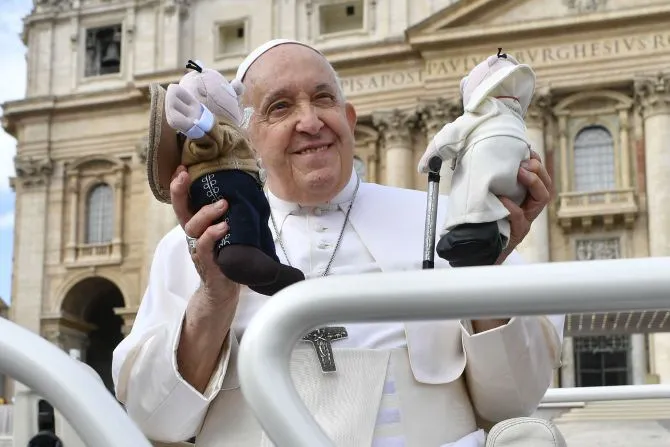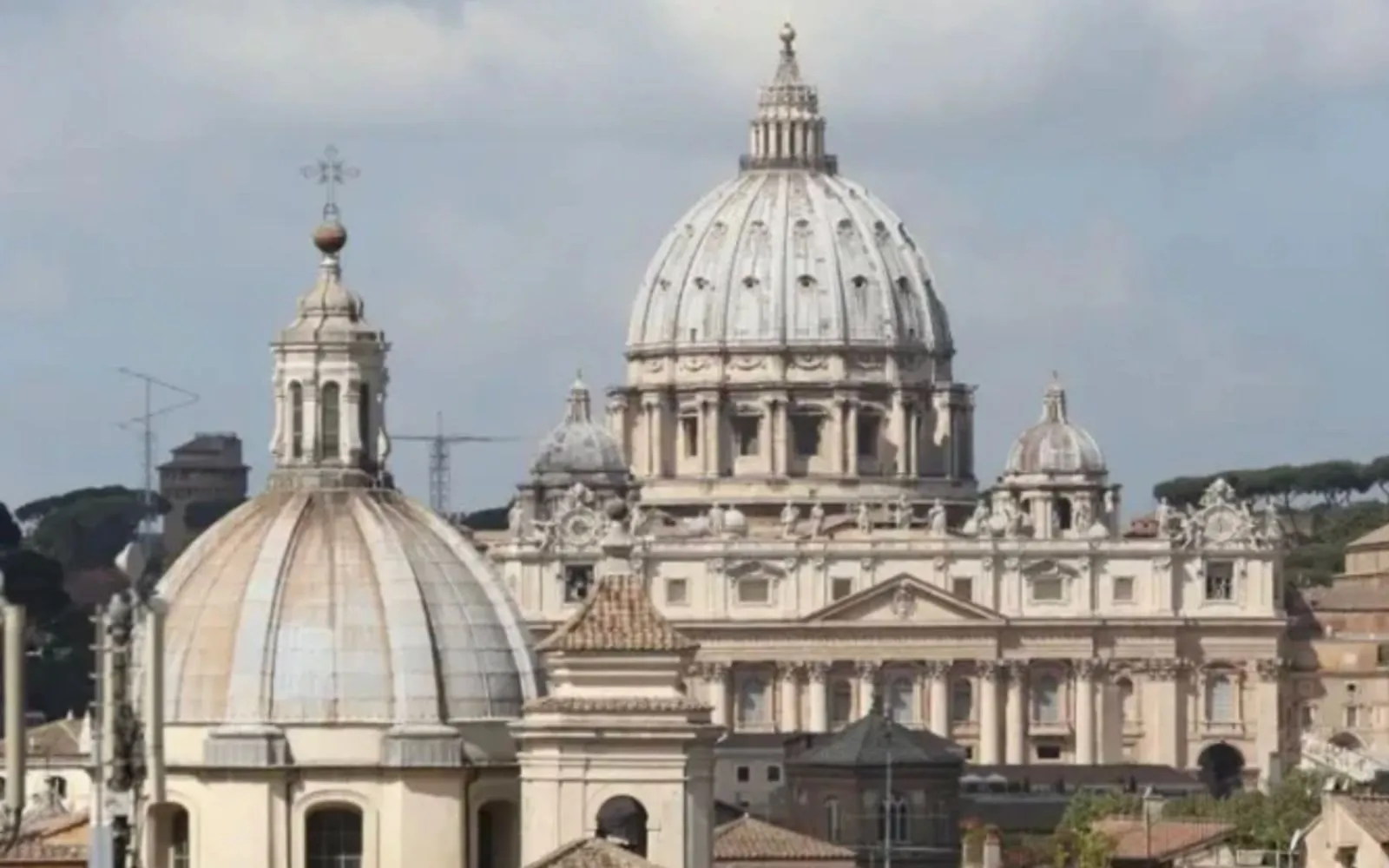Vatican City, 25 October, 2023 / 1:13 pm (ACI Africa).
Pope Francis in his ongoing catechetical series on apostolic zeal on Wednesday spoke about the example of Sts. Cyril and Methodius, the ninth-century “apostles of the Slavs” whose mission was built on three pillars: unity, inculturation, and liberty.
At the center of the pope’s Oct. 25 general audience was an emphasis on the relationship — and harmonization — between culture and faith. This process of inculturation is seen in the example of Sts. Cyril and Methodius, whose task was to “study the culture of those peoples in depth,” the pope said.
Pope Francis recounted the story of the two brothers as one of encounter with the Slavic people, who had to confront a “pagan” culture, thereby integrating the faith into the specific, local cultural context.
Sts. Cyril and Methodius, born circa 826 and 815, respectively, hailed from modern-day Thessaloniki, Greece. Pope Francis recalled how the brothers, who came from an aristocratic family, “renounced a political career to devote themselves to monastic life.”
Departing from his prepared remarks, the pope stressed that “faith must be inculturated and culture must be evangelized. The inculturation of faith, evangelization of culture — always.”








